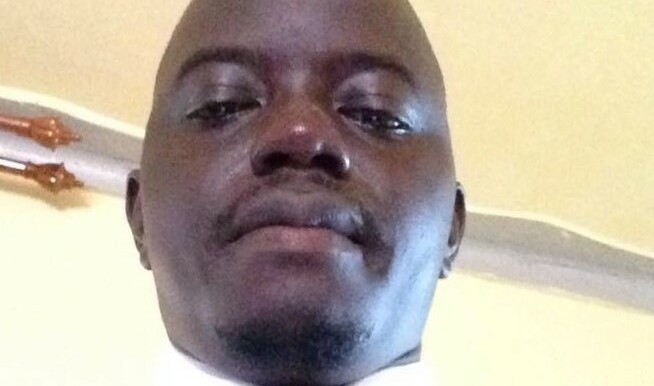It is now a settled practice in the recruitment of public servants in South Sudan that for one to be appointed after a job interview and selected as the best candidate, the person must avail authenticated or validated copies of their academic documents.
Authentication is specifically applied to the school documents acquired locally. The person takes their documents to the Ministry of Higher Education and Ministry of Foreign Affairs for verification and approval. The aforementioned ministries give their authentication using their seals.
Validation is applied for all the foreign documents acquired out of South Sudan. The process is such that for foreign primary and secondary school documents, one gets a letter of verification from the examination board of the country where he or she completed, presents the letter of verification to the Ministry of Foreign Affairs of the country, and then to the South Sudan Embassy in that country for their respective validations. For the university documents, one gets the certified copies of the certificate and transcript from the university and presents them to the Ministry of Foreign Affairs and the South Sudan Embassy of that country for their validation. It should be noted here that when the Ministry of Foreign Affairs of the country is suspicious of the document, the document holder is referred to the Ministry of Internal Affairs for further scrutiny.
Honestly, South Sudan embassies are doing great when such documents reach them. They ensure that the documents follow the right process of education of the country it is acquired from and that the document is not a forgery, something which is healthy to our country progress and image.
Such a settled practice deters criminals who are using forged certificates and fraudulently acquired nationalities from benefiting and being public servants in the country. It is not right to reward such people while authentic individuals are left out to suffer on the streets of South Sudan jobless.
There are many allegations of foreign nationals holding national positions in UN agencies, INGOs, NGOs, and private companies using the fraudulent South Sudan acquired nationality cards. This exerts many pressures on the government of South Sudan as many of its youths and people are unemployed because the government cannot accommodate every South Sudanese in public service. The private sector is there to help the government absorb some of the people but many of the positions are occupied by the criminals who acquired the nationality certificates fraudulently.
The primary responsibility lies with the government to protect the country and its people by ensuring that the violators of her laws are brought to book. We have seen some countries like Uganda changing nationality identity cards because their current one is so prone to fraudsters. So, the Government of South Sudan must act fast to stop criminals from benefiting.
Extending this requirement to the private sector will have so many advantages: Firstly, the foreign nationals will be demotivated to fraudulently acquire South Sudanese nationality and this will decrease the crime of forgery as the directorate of nationality will be issuing the same to the right people. Secondly, the unemployment rate for South Sudanese will reduce as there will be no fraudulent foreign nationals competing with them for the few national positions in the labor market within the country. Thirdly, there will be an increase in money circulating in our economy as South Sudanese will use 70 percent or more of their income locally.
As it stands, all the foreign nationals who are holding the positions supposedly for real South Sudanese in the UN, INGOs, NGOs, and private companies repatriate 90 percent of their earnings to their countries. Most of them rent tukuls (huts) in Juba and other towns in South Sudan and they buy items from their fellow countrymen who do business in South Sudan.
Extending the authentication and validation of academic documents to the private sector and NGOs will result in South Sudanese youth being productive as many will be employed. They will have the opportunity to put their knowledge and skills into practice and realize professional growth which will have a positive impact.
We can never be strong when we are economically poor. As our late founding father Dr. Garang De Mabior once said, poor people produce a poor government, and weak people produce a weak government. The people of South Sudan are neither poor nor weak but need opportunities to build on and these opportunities will only realize the efforts of the government by putting in place a good legal framework to protect the people and the country.
The writer, Moses Alee Nyanda, can be contacted at 0980237900 or nyandamanlee@gmail.com.
The views expressed in ‘opinion’ articles published by Radio Tamazuj are solely those of the writer. The veracity of any claims made is the responsibility of the author, not Radio Tamazuj.




